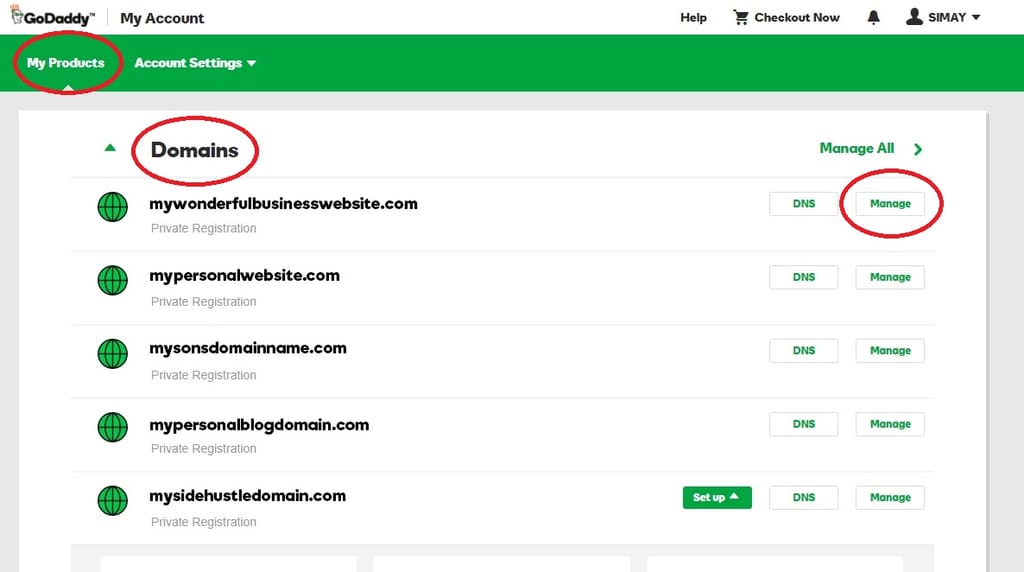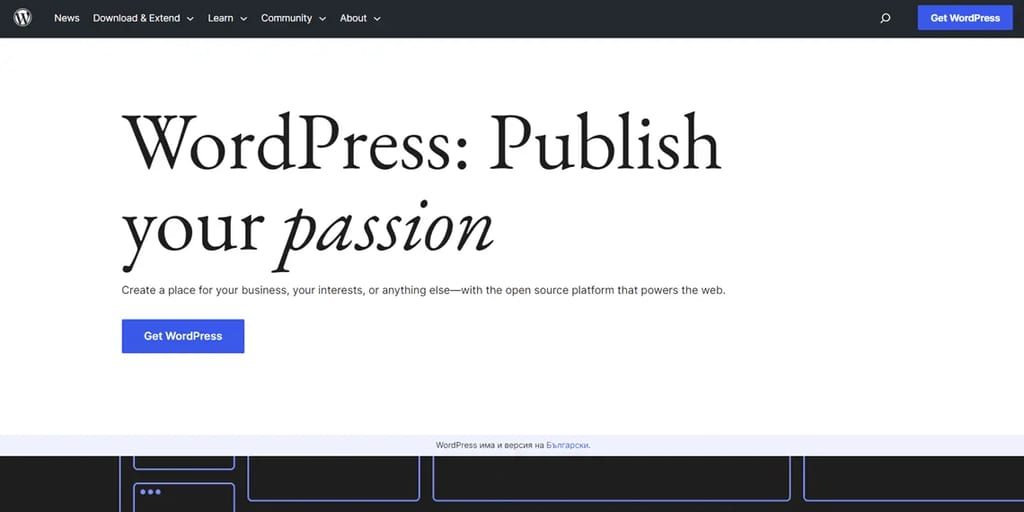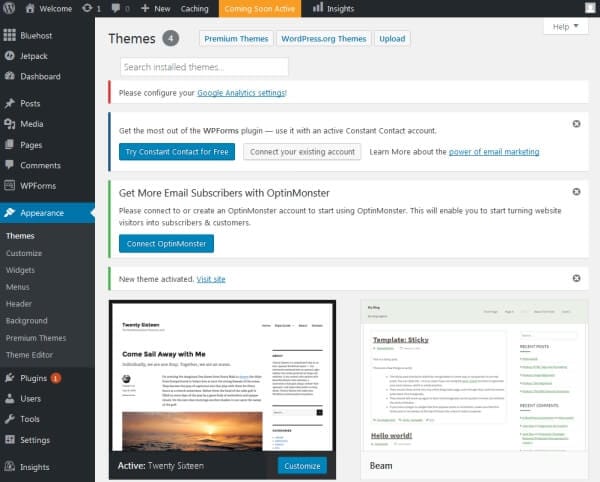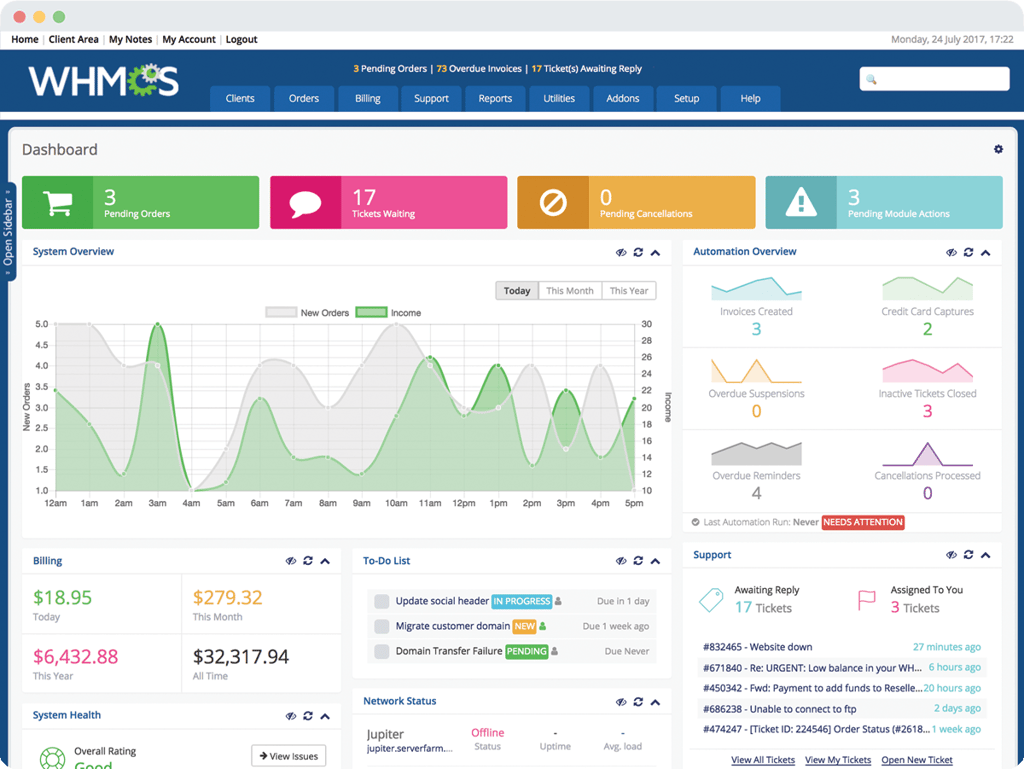In the digital age, where every business needs an online presence, the demand for web hosting services is skyrocketing. This surge in demand presents a lucrative opportunity for entrepreneurs to start their own reseller hosting business. Imagine being the middleman between a major hosting provider and small businesses or individuals, earning a steady income without the need to manage server infrastructure. If this sounds appealing, you’re in the right place! This guide will walk you through the process of creating a reseller hosting website, step by step, ensuring you have a comprehensive understanding to kickstart your journey.
Step-by-Step Procedure to Create a Reseller Hosting Website
1. Research and Choose a Reseller Hosting Provider
Why It’s Important: The backbone of your reseller hosting business is the provider you choose. A reliable provider ensures high uptime, good performance, and excellent customer support.
How to Do It:
- Choose Providers: Look at Host4Geeks.
- Evaluate Plans: Consider the features each plan offers, such as disk space, bandwidth, number of accounts, and pricing.
- Read Reviews: Check online reviews and testimonials from current users.
- Customer Support: Ensure they offer 24/7 customer support, as you’ll rely on them to resolve technical issues.
2. Purchase a Reseller Hosting Plan
Why It’s Important: This is the foundation of your reseller hosting business. The plan you choose will determine your cost structure and the services you can offer to your clients.
How to Do It:
- Select a Plan: Based on your research, select a plan that fits your budget and requirements.
- Sign Up: Create an account with your chosen provider and complete the purchase process.
- Set Up Your Account: Follow the provider’s instructions to set up your reseller account, including configuring your control panel (usually cPanel/WHM).
3. Choose a Domain Name and Register It
Why It’s Important: Your domain name is your brand’s online identity. It should be easy to remember and relevant to your business.
How to Do It:
- Brainstorm Ideas: Think of a domain name that reflects your business. Keep it short, memorable, and easy to spell.
- Check Availability: Use domain registration services like GoDaddy, Namecheap, or your hosting provider to check if your chosen name is available.
- Register the Domain: Once you find an available name, register it through a domain registrar.

4. Design Your Website
Why It’s Important: Your website is the face of your business. It needs to be professional, user-friendly, and informative.
How to Do It:
- Choose a Platform: Use a website builder like WordPress, Wix, or a custom HTML/CSS website. WordPress is highly recommended for its flexibility and extensive plugins.
- Select a Theme: Pick a responsive and professional theme. Many themes are designed specifically for hosting businesses.

- Create Essential Pages:
- Home Page: Introduce your business and highlight your services.
- About Us: Share your story and build trust with your visitors.
- Services/Plans: Detail the hosting plans you offer, including features and pricing.
- Support: Provide a way for customers to get help, such as a contact form or live chat.
- Blog: Publish helpful articles to attract traffic and establish your expertise.
- Customize: Tailor the theme to match your brand’s colors, fonts, and style.

5. Set Up Billing and Automation
Why It’s Important: Automating billing and account management makes running your business more efficient and reduces the risk of errors.
How to Do It:
- Choose a Billing Software: Popular choices include WHMCS, Blesta, and ClientExec.
- Integrate with Your Hosting Provider: Follow the software’s documentation to connect it with your reseller account.
- Configure Plans: Set up your hosting plans in the billing software, including pricing, features, and terms.
- Payment Gateways: Integrate payment gateways like PayPal, Stripe, or Authorize.net to accept payments.

6. Set Up Customer Support
Why It’s Important: Providing excellent customer support is crucial for retaining clients and building your reputation.
How to Do It:
- Support Channels: Offer multiple support channels such as email, live chat, and a ticketing system.
- Knowledge Base: Create a comprehensive knowledge base with articles and tutorials to help customers resolve common issues.
- Response Time: Establish clear response time expectations and strive to exceed them.
7. Launch Your Website
Why It’s Important: The launch is your opportunity to make a strong first impression and start attracting customers.
How to Do It:
- Test Everything: Ensure all links, forms, and features work correctly.
- SEO Optimization: Optimize your website for search engines to increase visibility.
- Marketing Plan: Develop a marketing strategy, including social media, email marketing, and paid advertising.
8. Promote Your Hosting Business
Why It’s Important: Marketing is essential to attract and retain customers.
How to Do It:
- Content Marketing: Publish valuable content related to web hosting and website management.
- Social Media: Use platforms like Facebook, Twitter, and LinkedIn to reach your audience.
- Email Campaigns: Send newsletters and promotional offers to your subscribers.
- Affiliate Programs: Consider setting up an affiliate program to encourage others to promote your services.
Things to Consider When Making a Reseller Hosting Website
- Target Audience: Identify your target market. Are you focusing on small businesses, bloggers, developers, or another niche?
- Competitive Pricing: Analyze competitors’ pricing and offer competitive rates without compromising on quality.
- Branding: Develop a strong brand identity, including a logo, tagline, and consistent visual style.
- Scalability: Ensure your chosen reseller plan allows you to scale as your business grows.
- Legal Considerations: Understand the legal aspects of running a hosting business, including terms of service, privacy policy, and customer agreements.
- Customer Experience: Focus on providing an excellent user experience on your website and in your customer interactions.
Starting a reseller hosting website can be a rewarding venture if done correctly. By following these detailed steps and considering the essential factors, you’ll be well on your way to building a successful hosting business.

